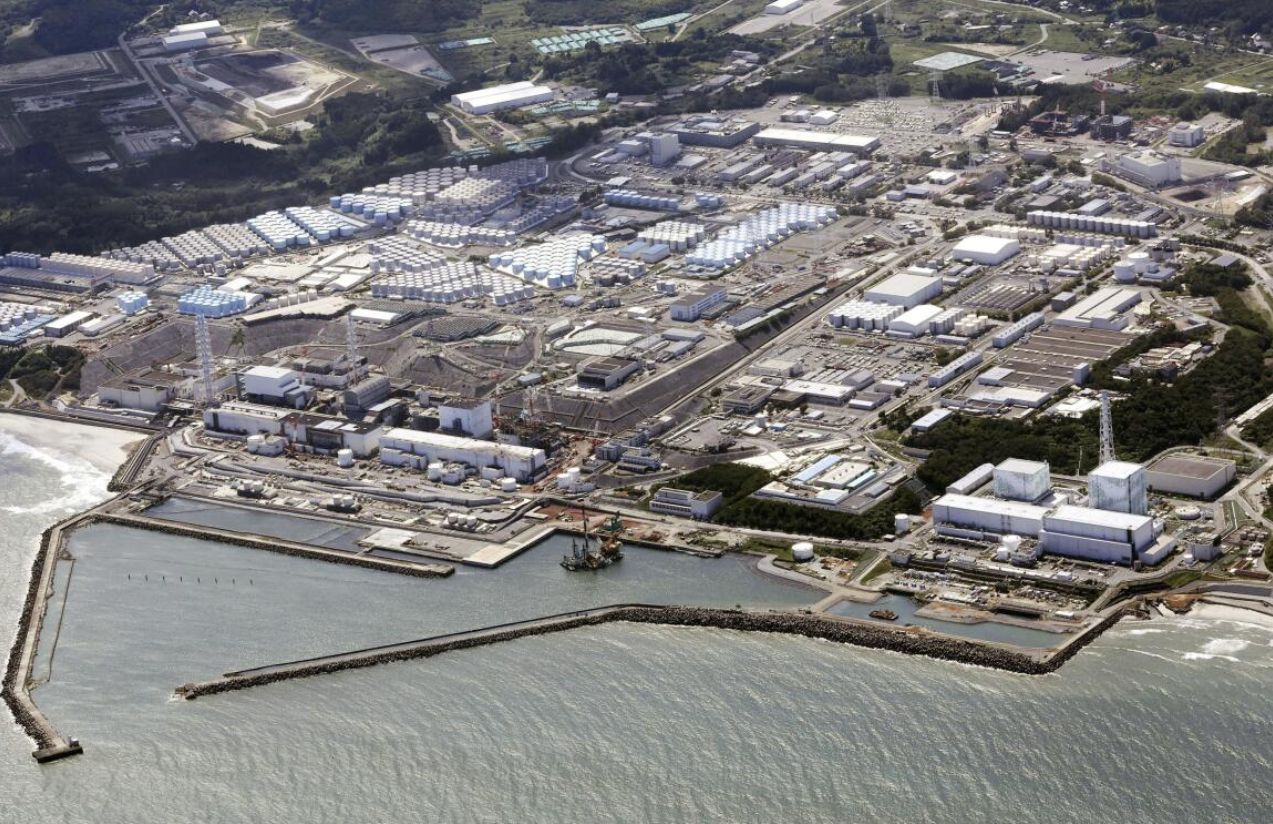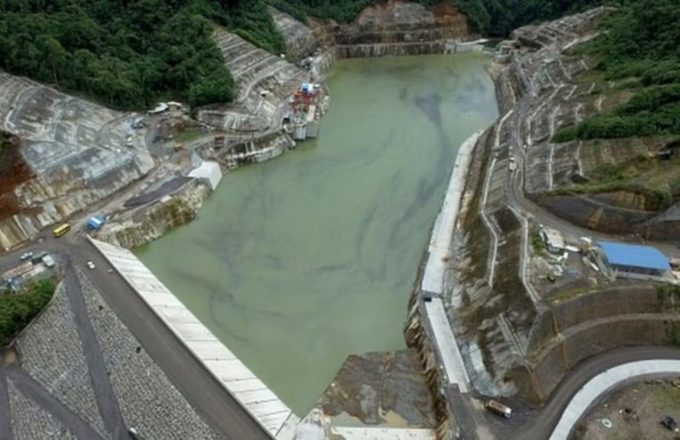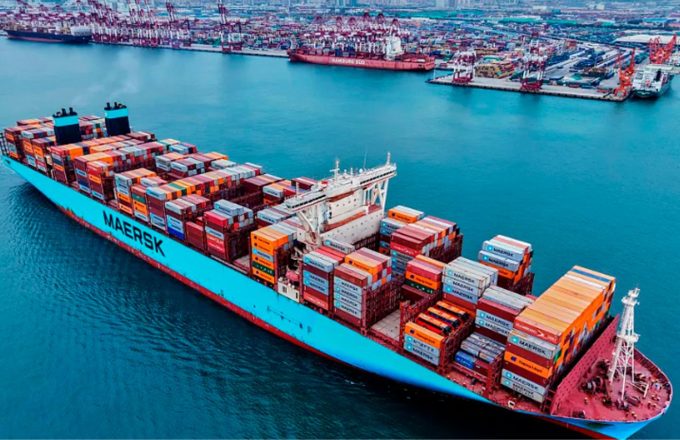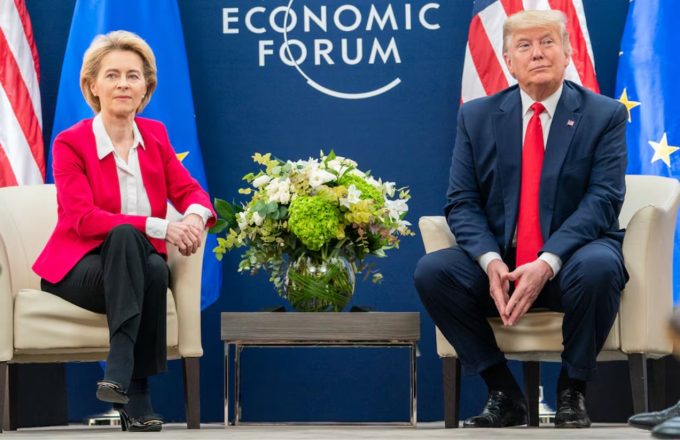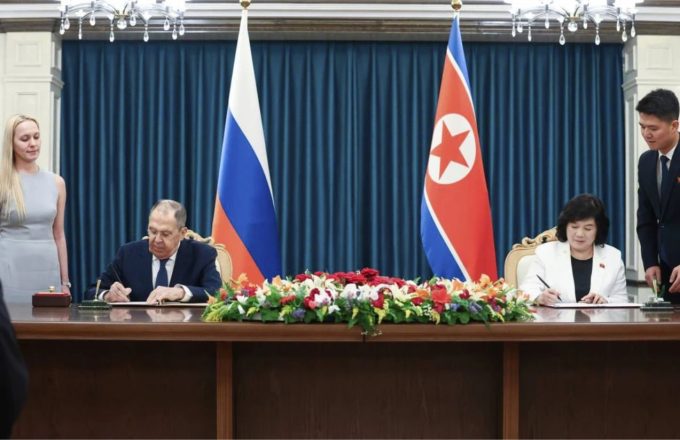China is preparing to resume imports of Japanese seafood, signaling a potential thaw in diplomatic tensions after a ban imposed in 2023 due to Japan’s release of treated — though slightly radioactive — water from the Fukushima Daiichi nuclear plant. A Japanese official confirmed the development on Friday.
Japan’s Agriculture Minister, Shinjiro Koizumi, announced that both nations reached an agreement during talks in Beijing, paving the way for imports to restart once the necessary administrative procedures are completed. “Seafood products are a key export for Japan, and resuming shipments to China marks a major milestone,” Koizumi said.
While Beijing acknowledged “substantial progress” in recent discussions, it has yet to officially confirm any agreement, suggesting lingering concerns remain.
Japan’s Foreign Minister, Takeshi Iwaya, also welcomed the move, calling it “a significant first step” that could help both countries address other unresolved issues, such as territorial disputes, trade tensions, and historical disagreements.
However, the Chinese ban on agricultural and seafood imports from 10 Japanese prefectures — including Fukushima — remains in effect, and Tokyo says it will continue pushing for a full lifting of the restrictions.
China’s General Administration of Customs issued a statement on Friday confirming a new round of technical exchanges regarding the safety of Japanese aquatic products, noting “substantial progress” during Wednesday’s discussions, but made no mention of a final agreement.
Beijing initially blocked Japanese seafood imports following Japan’s decision to release treated and diluted wastewater from the Fukushima plant into the ocean — a move China claimed threatened the fishing industry and coastal communities in eastern China.
Japanese officials argue that the discharge is essential to safely dismantle the plant and prevent accidental leaks. They maintain that the treatment and dilution process ensures the water meets — or exceeds — international safety standards and poses minimal environmental risk.
Since March, Tokyo and Beijing have engaged in three rounds of negotiations to resolve the issue. Japan’s Foreign Ministry said the latest agreement outlines the “technical requirements” necessary for seafood exports to China to resume, though no specific timeline has been provided.
Prior to the ban, mainland China was Japan’s largest foreign market for seafood, accounting for over 20% of the sector’s exports, followed by Hong Kong. While the ban dealt a blow to Japan’s fishing industry, its overall impact on national trade was relatively limited.
To mitigate the damage, the Japanese government launched an emergency support fund for affected exporters — especially scallop farmers — and sought to diversify its overseas markets.
Tokyo Electric Power Company Holdings, the operator of Fukushima Daiichi, pledged to compensate Japanese businesses for losses caused by the export restrictions.
The nuclear crisis at Fukushima began in March 2011 following a massive earthquake and tsunami, which triggered meltdowns in three reactors and led to the buildup of large volumes of radioactive water. Japan began discharging treated water in August 2023 as part of its long-term decommissioning plan.
Last September, then-Prime Minister Fumio Kishida stated that both sides had reached “a certain level of mutual understanding,” with China agreeing to consider easing the ban and joining the expanded monitoring efforts led by the International Atomic Energy Agency (IAEA), the UN’s nuclear watchdog.
Despite diplomatic efforts, the water release remains controversial. Japanese fishing groups fear reputational damage to their seafood products, while activist organizations in China and South Korea have also voiced concern.


